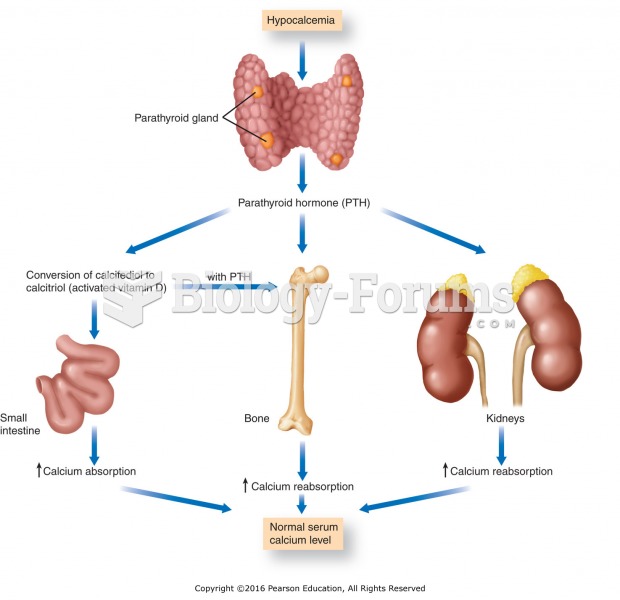This topic contains a solution. Click here to go to the answer
|
|
|
Did you know?
Pregnant women usually experience a heightened sense of smell beginning late in the first trimester. Some experts call this the body's way of protecting a pregnant woman from foods that are unsafe for the fetus.
Did you know?
Thyroid conditions may make getting pregnant impossible.
Did you know?
The immune system needs 9.5 hours of sleep in total darkness to recharge completely.
Did you know?
The average adult has about 21 square feet of skin.
Did you know?
Most childhood vaccines are 90–99% effective in preventing disease. Side effects are rarely serious.







